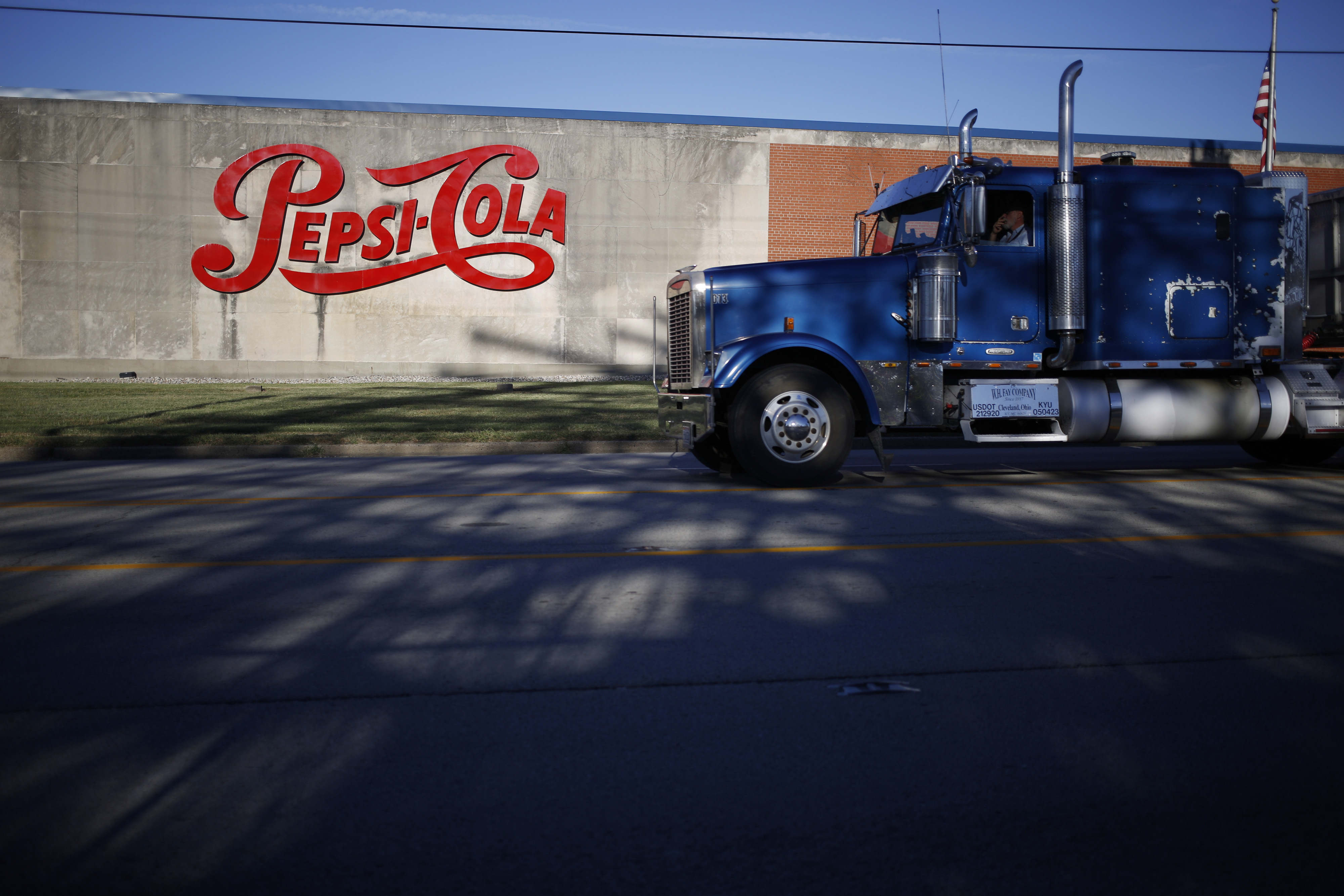Pepsi enters energy drink market with $3.85bn Rockstar deal
Pepsi is attempting to diversify by acquiring Rockstar Energy Beverages


A free daily email with the biggest news stories of the day – and the best features from TheWeek.com
You are now subscribed
Your newsletter sign-up was successful
Drinks giant PepsiCo has its sights on the growing energy drink market, acquiring Rockstar Energy Beverages for $3.85 billion.
Neither Pepsi nor its main rival Coca-Cola own a major brand in the energy drinks market - although Coke has a stake in Monster. Pepsi’s move for Rockstar could be the first major move in a battle for dominance in the category, as soft drinks companies diversify away from their traditional offerings.
For Rockstar founder Russ Weiner, the deal represents a huge reward for the $50,000 investment he made to launch the company in 2001.
The Week
Escape your echo chamber. Get the facts behind the news, plus analysis from multiple perspectives.

Sign up for The Week's Free Newsletters
From our morning news briefing to a weekly Good News Newsletter, get the best of The Week delivered directly to your inbox.
From our morning news briefing to a weekly Good News Newsletter, get the best of The Week delivered directly to your inbox.
He told Fox Business that the deal with Pepsi “is going to make this a global powerhouse brand, and my legacy will be safe with them.”
The companies have been affiliated for some time. “Pepsi has had a distribution agreement with privately held Rockstar in North America since 2009,” reports CNBC.
Coca-Cola’s similar distribution deal with Monster had prevented them from selling their own energy drinks in the US until last year, but Pepsi’s deal with Rockstar should “enable the company to sidestep any legal tussle like the one that ensnared Coca-Cola,” says The Wall Street journal.
“PepsiCo shares were down 3.8 per cent in pre-market trading on Wednesday,” The Financial Times reports, “slightly worse off than the 3.4 per cent drop for the S&P 500 that was implied by futures as investors continue to grapple with volatility amid the coronavirus outbreak and following Monday’s oil price plunge.”
A free daily email with the biggest news stories of the day – and the best features from TheWeek.com
–––––––––––––––––––––––––––––––For a round-up of the most important business stories and tips for the week’s best shares - try The Week magazine. Get your first six issues free–––––––––––––––––––––––––––––––
William Gritten is a London-born, New York-based strategist and writer focusing on politics and international affairs.
